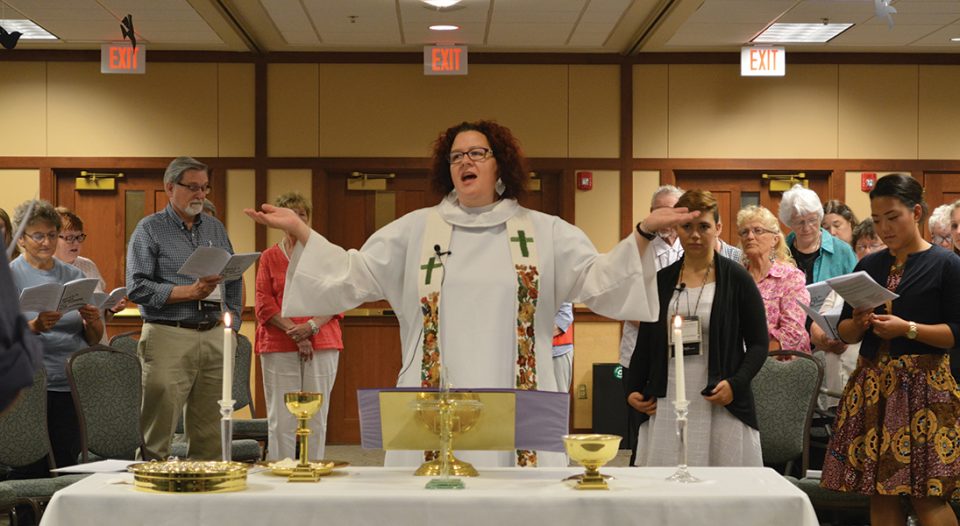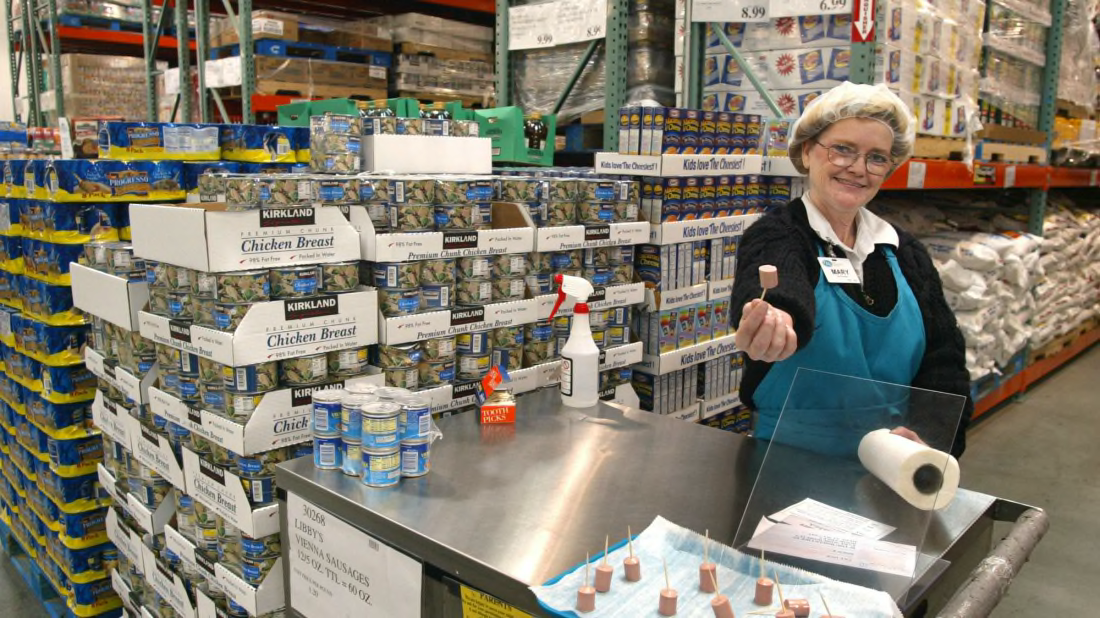I've not been here for some time, that's right. I know the reasons I haven't been here, and they're not that hard to discern if you have been an 'essential worker' on the 'front lines', working under 'an abundance of caution' and 'sheltering in place' when not serving your patients. An aside:
Geez! I know buzz words are useful sometimes to bind together members of a language community, but how far does the trend have to extend? What can cut through the murky meanings in buzzwords, to actually share what is these days, on our minds? There's enough to do in daily therapeutic alliances we engage as SLP's, without having to swim through linguistic muck that impedes. Where does true communication emerge? How can we achieve better therapy outcomes, without having to swim through word sludge?
SLP's, where is thy mojo?
I decided to share a source of my positive energies for clinical work, and all associated foolishness, because I know this blog is one evidence of me. In the final analysis, 'who the hell am I?' (Ferris Bueller); yet, many of us want a legacy. So be it. The die is cast. I write here, not only to give my own perspectives on the fields of communication sciences and disorders, but to give evidence of how one life can be lived.
I married a Lutheran woman and soon afterward, joined her church. We found a small church body near home, listed in church registries as an "American Lutheran Church" congregation. Shortly after we established membership there, the church became part of the "Evangelical Lutheran Church in America", through merger with another group. The cultural lineage of the church, Northern European, was not that important to me, but the culture of the church did influence its message.
That culture was embodied not in the color of the hymnal (red vs green), nor in the ethnic heritage of the charter members (German vs Norwegian vs Danish), but in the personality of the pastor. He's dead many years now. He and his mojo have been a huge influence on me, for many reasons. In the Lutheran traditions, scholarship by history, chemistry, psychology, linguistics, and other fields have tempered their/our use of the Bible. That scholarship has allowed teachers of church doctrine to spread their news, prepared to back it up with data. This pastor did that with exuberance, with intelligence, and with drive.
Drive was both a blessing and a curse for this guy; he was a Type I diabetic, and the demands of his vocation eventually took him. But this is not a testimonial to a single personality; it is a testimonial to the spirit of the place - where two or three gather together in Her/His name.
I spent my years there busy: teaching Sunday school for grade and high schoolers; assisting the Pastor in worship service; taking part in adult education; serving in stewardship, deacon, education and chairing the church council. Not only was it a bonding force for my family, but it also was a deep, rich internship in true communication - in connecting with the larger family.
What is the ultimate benefit, of being part of a church family? How does it translate to how the SLP clinician does her/his daily work? Like the clinical setting, where we may think in jargon but share what our persons served will understand - we share with members of the church body, and the wider world, in the language they use. We do it with drive, because there is so much need to be clear and meaningful. We do it with compassion, because our world wide diverse family becomes even healthier and intertwined with that emotional binding. And we do it with data, because in this world of alternate facts and social mudslinging, facts matter....so that when we make that connection and the persons we serve benefit, that connection to the greater good is locked in.
That might mean for the SLP professional, that a well - structured and well - paced training session, may switch abruptly to a counseling session; - that, in addition to helping the person served build confidence in new habits, the family members and community supports also have their needs attended; also, that clinicians who enjoy their jobs, enjoy it for more than that designated outcomes are achieved.
Minister, SLP's. "Flatten the curve" and get right to the issue. Communicate well, so we won't need a tissue.
My profession. My ministering. My church. It's clear.



No comments:
Post a Comment